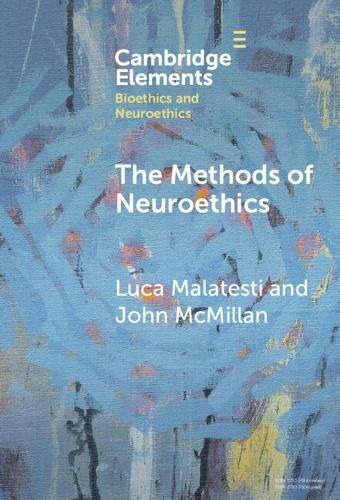This Element offers a framework for exploring the methodological challenges of neuroethics. The aim is to provide a roadmap for the methodological assumptions, and related pitfalls, involved in the interdisciplinary investigation of the ethical and legal implications of neuroscientific research and technology. It illustrates these points via the debate about the ethical and legal responsibility of psychopaths. Argument and the conceptual analysis of normative concepts such as 'personhood' or 'human agency' is central to neuroethics. This Element discusses different approaches to establishing norms and principles that regulate the practices addressed by neuroethics and that involve the use of such concepts. How to characterize the psychological features central to neuroethics, such as autonomy, consent, moral understanding, moral motivation, and control is a methodological challenge. In addition, there are epistemic challenges when determining the validity of neuroscientific evidence.





